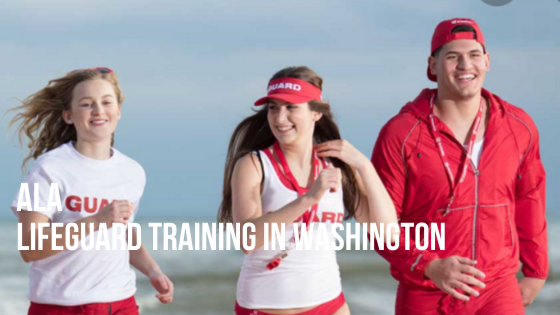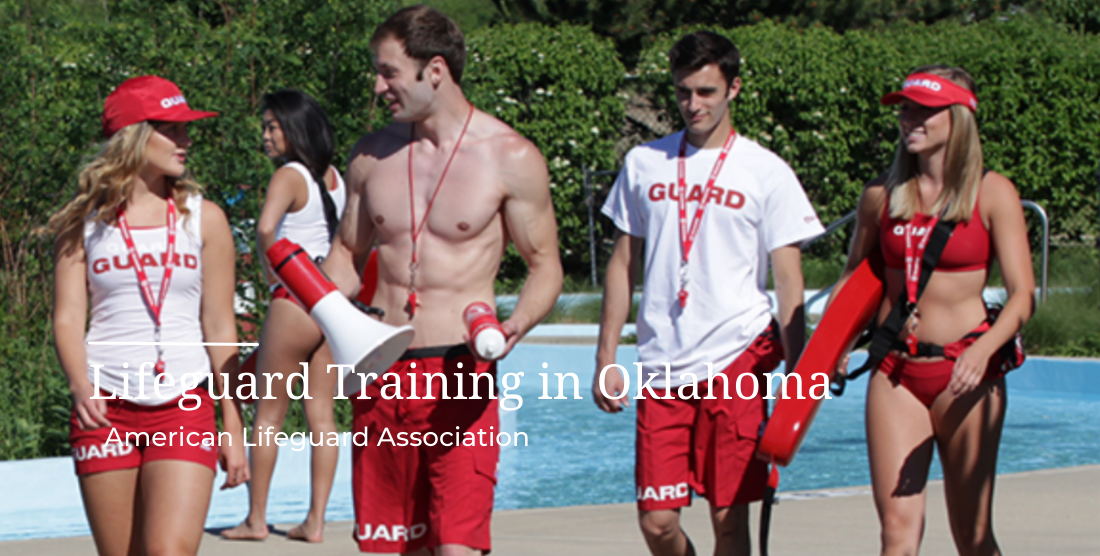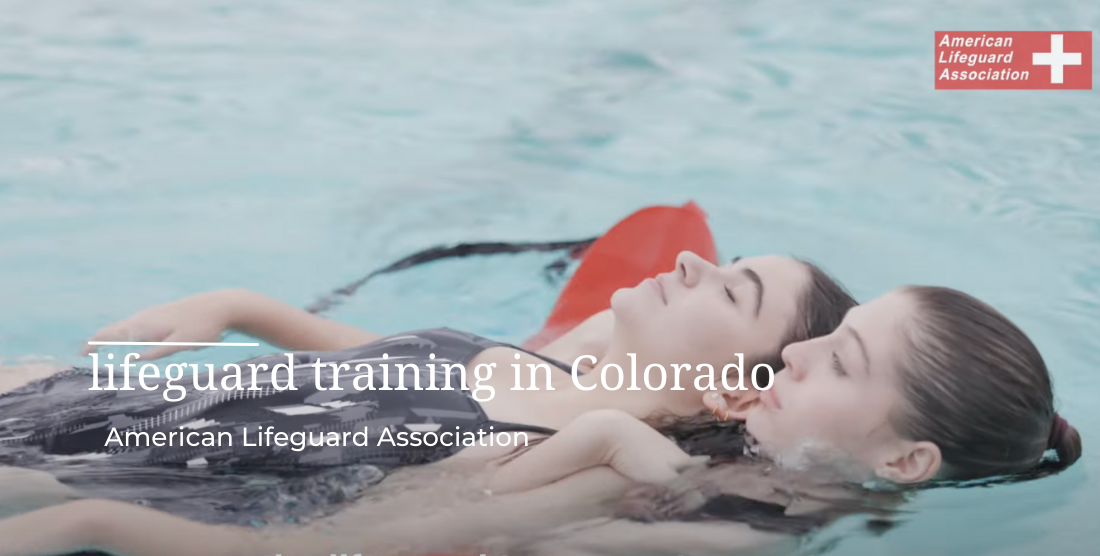Beach Etiquette: Enjoying the Sands Mindfully
As the warm sun beckons and the sound of crashing waves fills the air, many of us eagerly flock to the beach for a day of relaxation and fun. However, amidst the excitement of beach excursions, it’s crucial to remember the importance of beach etiquette.
From respecting personal space to observing safety flags and environmental guidelines, practicing proper beach etiquette ensures a fantastic experience for yourself while contributing to the well-being of fellow beachgoers and the preservation of these coastal environments.
Respect Personal Space
When you head to the beach, respecting the personal space of others is vital. Nobody wants to feel crowded or intruded upon while trying to enjoy the sun and surf. Avoid spreading your belongings too wide or setting up camp right next to someone else without asking. Maintaining a reasonable distance ensures that everyone can relax and have fun without feeling disrupted.
Dispose of Trash Appropriately
One of the fundamental rules of beach etiquette is to clean up after yourself. Nothing tarnishes the beauty of a beach faster than litter strewn about. Always use designated trash bins for your garbage, or if none are available, take your trash with you when you leave. By doing so, you not only contribute to the cleanliness of the beach but also help preserve the environment and marine life.
Mind Your Noise Level
While beaches are great places to socialize and have fun, it’s essential to be mindful of your noise level. Avoid playing music that could disturb others around you. Not everyone has the same tolerance for noise, so keeping it at a reasonable level ensures that everyone can enjoy their time at the beach without feeling overwhelmed by sound.
Observe Safety Flags
Beach safety is paramount, and one way this is communicated is through safety flags. These flags provide important information about water conditions, such as rip currents or hazardous marine life. Always pay attention to these flags and follow any instructions given by lifeguards. Your safety and that of others depend on it.
Respect Wildlife
Beaches are not only for humans; they are also habitats for various types of wildlife. When you’re at the beach, be mindful of the wildlife around you. Avoid disturbing nesting birds or marine animals, and maintain a safe distance if you encounter any wildlife. Observing from a distance allows you to appreciate nature without causing any harm or disturbance.
Alcohol and Smoking Guidelines
Different beaches have different rules regarding alcohol and smoking. Some beaches may have designated areas for these activities, while others may prohibit them altogether. It’s important to familiarize yourself with the rules of the beach you’re visiting and comply with them. By doing so, you contribute to a safer and more enjoyable experience for everyone.
Beach Games and Sports
Beaches are perfect for games and sports, but it’s important to participate in these activities mindfully. Avoid games or sports that could endanger others or harm the environment. Respect the space of fellow beachgoers and ensure that everyone can enjoy their time without interference or interruption.
Beach Fire Safety
If beach fires are permitted, follow appropriate fire safety protocols. Use designated fire pits if available and ensure that the fire is completely extinguished before leaving. Dispose of coals responsibly to prevent accidental fires or damage to the beach environment.
Dress Code
Be mindful of the dress code at the beach. Some beaches may have specific guidelines regarding clothing, especially in more conservative or family-friendly areas. Choose clothing that is suitable for the beach environment, considering both comfort and modesty.
Water Safety
Before entering the water, assess your swimming skills and be aware of any potential hazards. Follow lifeguard instructions and be mindful of strong currents or changing tides. Consider taking lifeguard training or searching for “lifeguard classes near me” to enhance your water safety knowledge and skills.
Emergency Readiness
It’s always wise to be prepared for emergencies. Familiarize yourself with the location of emergency services, such as lifeguard stations or first aid stations. Basic knowledge of first aid can be invaluable in case of accidents or injuries.
Sun Protection
Protect yourself from the sun’s harmful rays by wearing sunscreen, hats, and sunglasses. Stay hydrated and seek shade during the hottest hours of the day to avoid sunburn and heat-related issues. Being proactive about sun protection ensures a more comfortable and enjoyable beach experience.
Be Aware of Others
Consideration for others is essential for a positive beach experience. Be mindful of your actions and how they might affect those around you. Avoid behaviors that could disturb or annoy fellow beachgoers, such as loud or intrusive activities.
Maybe you also like to read: Lifeguard Courses: A Gateway to a Promising Professional Career
Respect Private Property
Beaches often border private properties, so it’s crucial to respect boundaries and avoid trespassing. Follow designated beach entrances and refrain from wandering onto private property without permission. Lifeguards also take this into special consideration to ensure the privacy of beachgoers is respected by other visitors.
Leave No Trace
Finally, adhere to the “leave no trace” principle. Leave the beach as you found it, or even better. Clean up after yourself, dispose of trash properly, and consider participating in beach cleanup efforts to help preserve these natural spaces for future generations.
Concluding Remarks
In conclusion, practicing proper beach etiquette is essential for a positive and enjoyable beach experience for everyone. By respecting personal space, disposing of trash properly, being mindful of noise levels, and following safety guidelines, you contribute to a safer and more pleasant environment for all beachgoers. Stay informed about beach rules and regulations, and consider lifeguard certification to enhance safety awareness. Lifeguard training not only saves lives but also helps maintain cleanliness and tidiness at beaches and other aquatic facilities for everyone to enjoy. By working together to uphold beach etiquette, we can all continue to enjoy these beautiful natural landscapes mindfully.
SEARCH
RECENT POSTS
As the warm sun beckons and the sound of crashing waves fills the air, many of us [...]
Leaving on a career as a lifeguard isn't just about donning a red swimsuit and sitting by [...]
Lifeguard courses remain something more than just a course; an extraordinary journey opens ways to a satisfying [...]
If you live in Virginia and are looking for a career that combines the satisfaction of helping [...]
The state of Ohio is famous for its numerous water sources that attract tourists and locals alike. [...]
Lifeguarding is a valuable and necessary skill that provides a range of benefits to an individual’s physical [...]
Lifeguarding is a job that requires a high level of physical fitness and mental alertness. As a [...]
Lifeguarding is a profession that requires a high level of skill, discipline, and physical fitness. A lifeguard's [...]
Lifeguard class and training come with different skills and responsibilities, with saving lives and ensuring a safe [...]
The lifeguard training programs are designed to make you prepared so that they can handle all kinds of emergencies [...]











